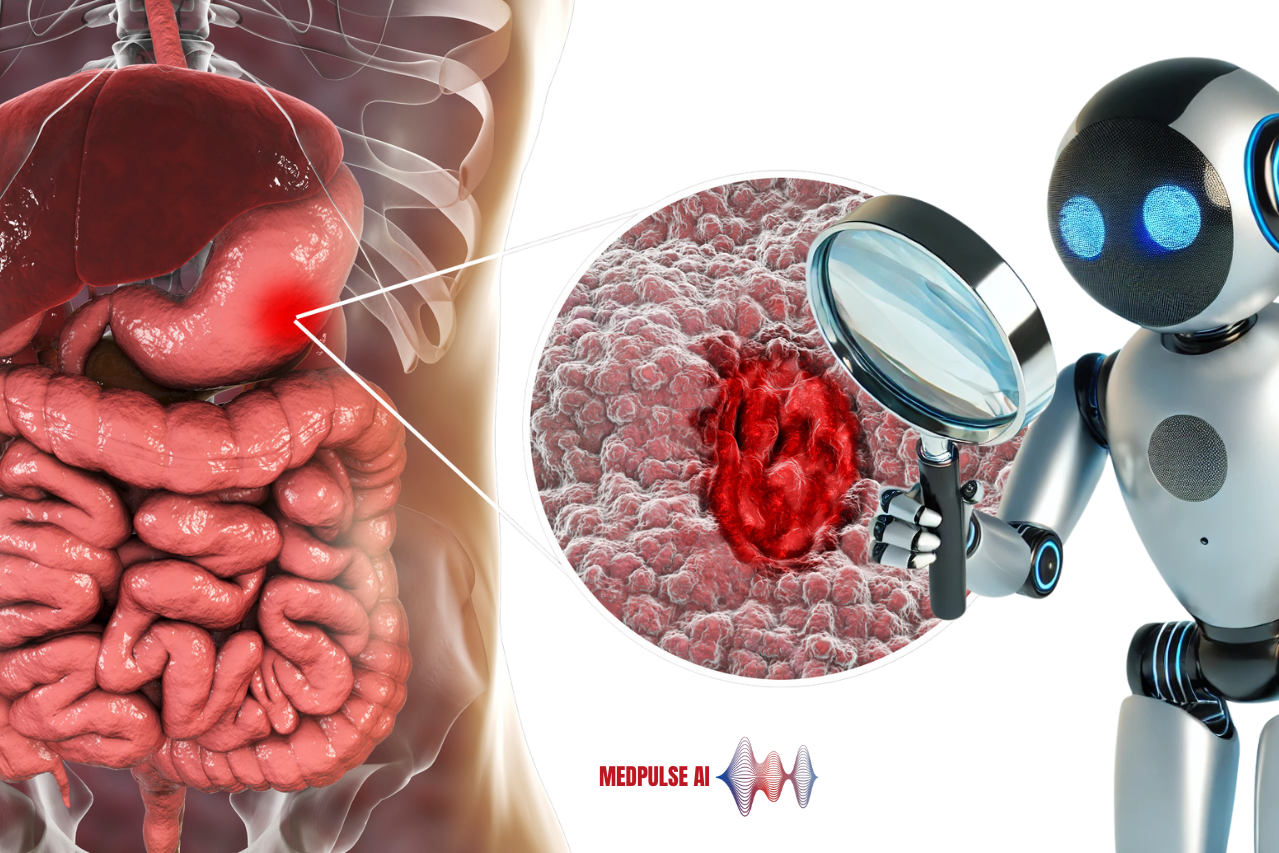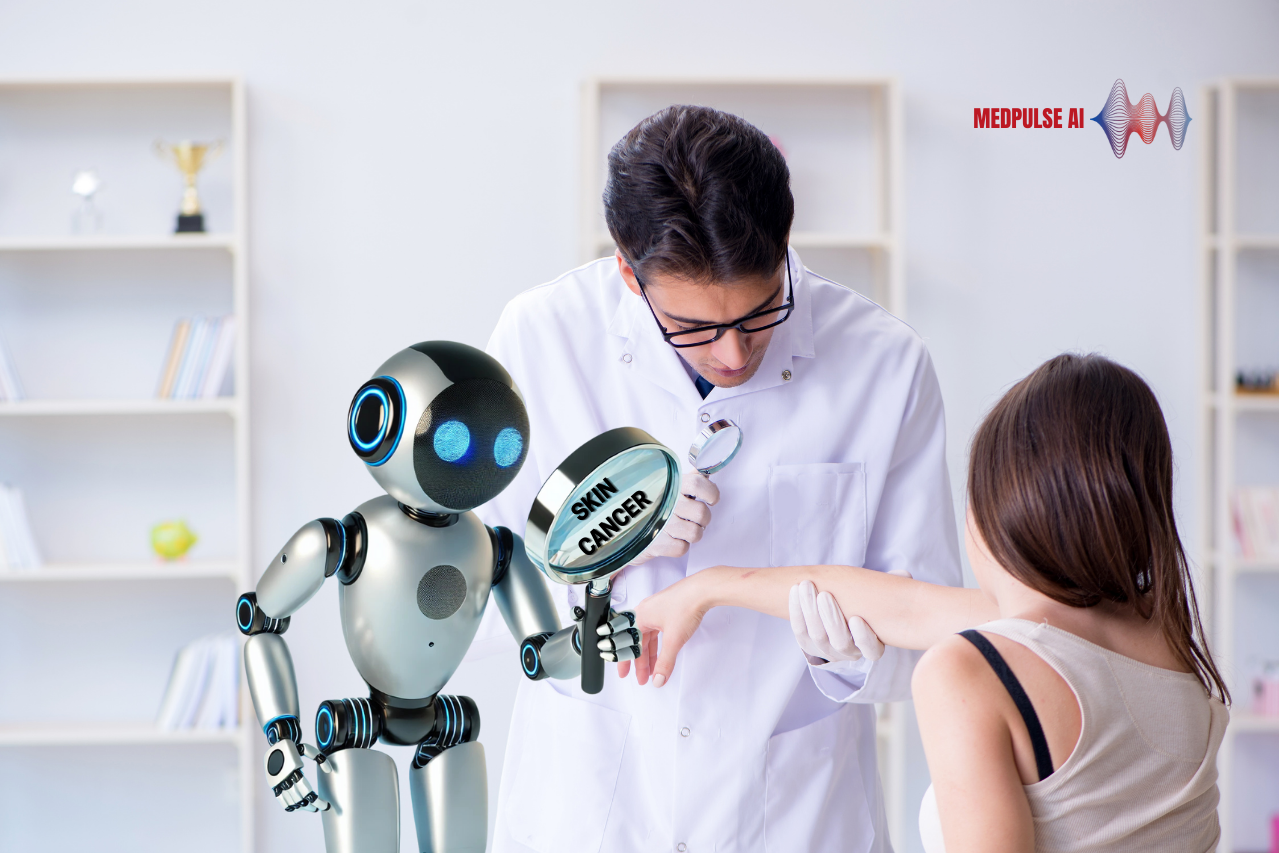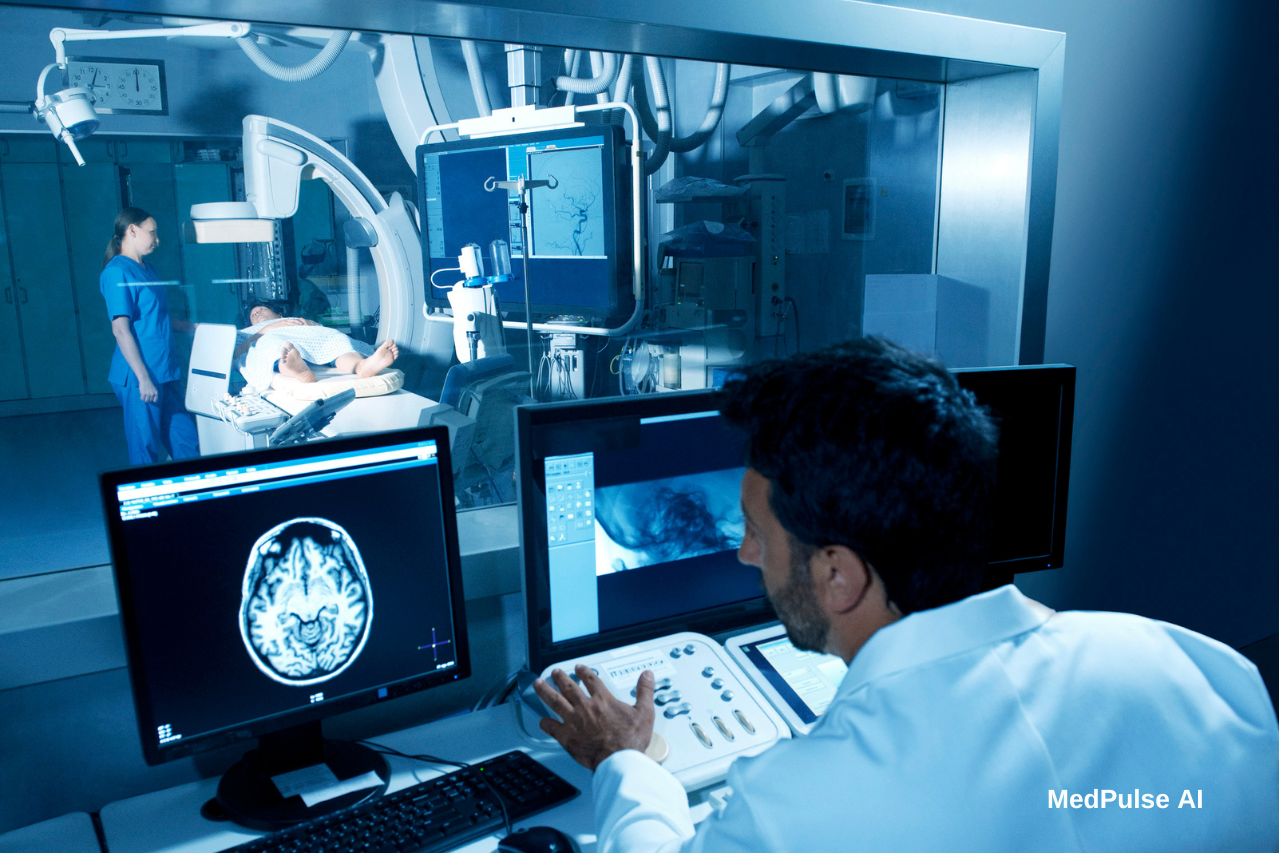Researchers from LMU Munich, TU Berlin, and Charité – Universitätsmedizin Berlin recently unveiled a new AI model designed to enhance diagnostic accuracy by detecting both common and less frequent gastrointestinal diseases through imaging data. Unlike traditional AI models, which rely heavily on abundant datasets from common diseases, this model achieves high accuracy even for rare conditions by using anomaly detection.
This approach involves training the model on normal tissue data and frequently encountered conditions, allowing it to spot deviations that could indicate rarer pathologies, such as specific cancers. This method enables the AI to flag anomalies without the extensive training data typically required for less common diseases.
The research involved analyzing 17 million histological images from over 5,400 cases, where the model demonstrated its ability to detect rare pathologies, including primary and metastatic cancers in the gastrointestinal tract. By using heatmaps, the AI can visually indicate areas of concern, which helps pathologists prioritize cases and streamline the diagnostic workflow.
According to Professor Klaus-Robert Müller of TU Berlin’s BIFOLD, this model addresses a significant gap in medical AI by handling rare disease detection with high reliability. This technology could potentially reduce diagnostic workloads for doctors by automating routine findings and identifying cases needing further analysis, an advancement anticipated to improve diagnostic efficiency and reduce missed diagnoses.
This development aligns with ongoing research efforts to refine AI for medical applications, focusing on explainable, robust anomaly detection methods that prioritize interpretability and clinical usability, which are essential for widespread adoption in healthcare settings. These advancements in AI underscore a shift towards broader, more inclusive diagnostic capabilities that not only address common ailments but also improve early detection and intervention for rarer, often more complex diseases.
For those interested in learning more about the intersection of anomaly detection, AI diagnostics, and the principles of explainable AI, BIFOLD and other institutions offer valuable research. Studies on anomaly detection in medical imaging and advancements in explainable AI provide deeper insights into how these technologies are transforming healthcare. The work presented by LMU, TU Berlin, and Charité highlights the future potential of AI to reshape diagnostics across specialties, advancing patient care with both accuracy and accountability.
Are you interested in how AI is changing healthcare? Subscribe to our newsletter, “PulsePoint,” for updates, insights, and trends on AI innovations in healthcare.




